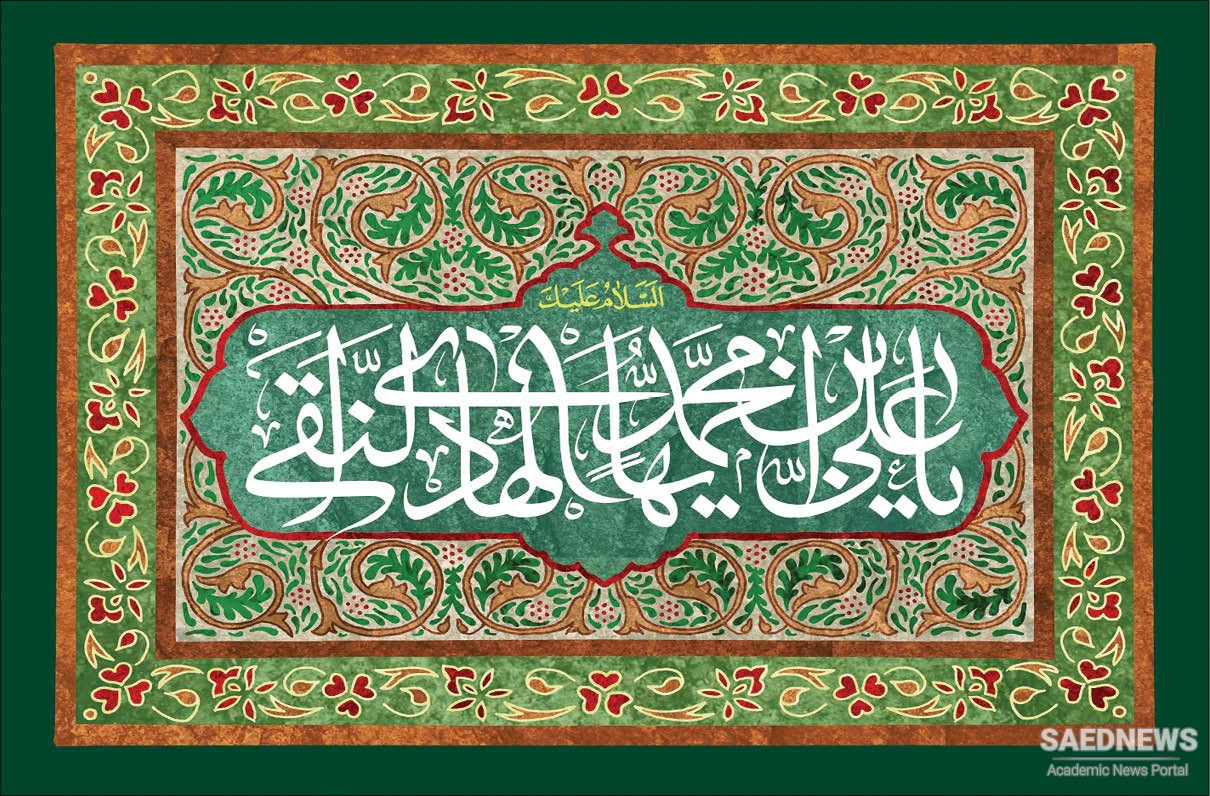For the Imām forbade the Muslims to have recourse to kings and their appointed judges for obtaining their rights, and designated recourse to them as equivalent to recourse to the tāghūt; then, referring to the verse that ordains disbelief in tāghūt,86 he appointed legitimate judges and rulers for the people. If his successor as Imām were not to have assigned the same functions to the fuqahā or to the new ones, what should the Muslims have done, and how would they have resolved their differences and disputes?
Should they have had recourse to sinners and oppressors, which would have been equivalent to recourse to the tāghūt and thus a violation of divine command? Or should they have had recourse to no one at all, depriving themselves of all authority and refuge, which would have allowed anarchy to take over, with people freely usurping each other’s property, transgressing against each other’s rights, and being completely unrestrained in all they did?
We are certain that if Imām as-Sādiq (‘a) assigned these functions to the fuqahā, neither his son Mūsā (‘a) nor any of the succeeding Imāms (‘a) abrogated them. Indeed, it is not possible for them to have abrogate these functions and said: “Henceforth, do not have recourse to the just fuqahā for the settlement of your affairs; instead, turn to kings, or do nothing at all and allow your rights to be trampled underfoot.”
Naturally, if an Imām appoints a judge to a certain city, his successor may dismiss that judge and appoint another in his place, but the positions and functions that have been established cannot themselves be abolished. That is self-evident. The tradition that I shall now quote supports the thesis I have been advancing. If the only proof I had were one of the traditions I have been citing, I would be unable to substantiate my claim. Its essence, however, has been proved by the traditions already cited; what follows now is by way of supplementary evidence.
Imām as-Sādiq (‘a) relates that the Prophet (s) said: “For whomever travels a path in search of knowledge, God opens up a path to paradise, and the angels lower their wings before him as a sign of their being well pleased [or God’s being well pleased]. All that is in the heavens and on earth, even the fish in the ocean, seeks forgiveness for him. The superiority of the learned man over the mere worshipper is like that of the full moon over the stars. Truly the scholars are the heirs of prophets (‘a); the prophets bequeathed not a single dinār or dirham; instead they bequeathed knowledge, and whoever acquires it has indeed acquired a generous portion of their legacy.”


 Governance of Immaculacy: Divine Rulership
Governance of Immaculacy: Divine Rulership














































